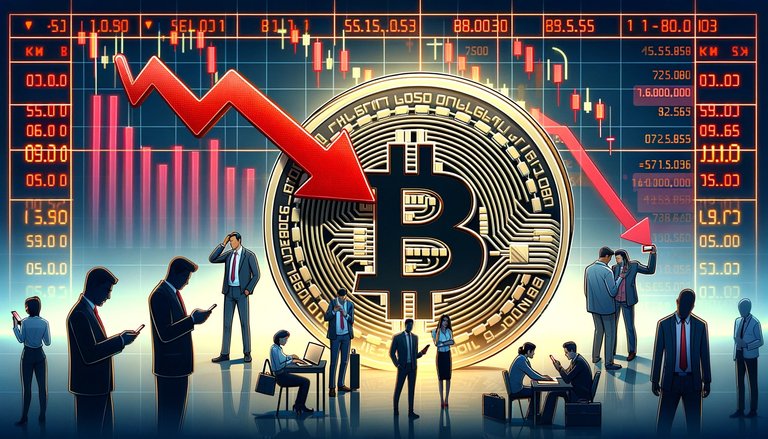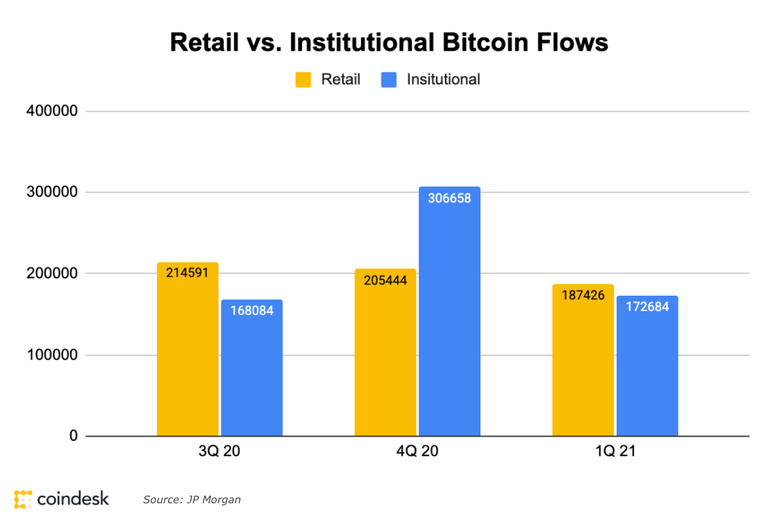
Bitcoin's price dynamics reveal a fascinating interplay between the emotional reactions of retail investors and the strategic actions of institutional players, particularly whales (holders of large amounts of Bitcoin) and sharks (those with slightly smaller but still significant holdings). While retail investors often succumb to fear and irrational decision-making, larger entities remain steadfast, accumulating during periods of market uncertainty.
Retail Fear Peaks as Bitcoin Approaches Lows
In late November, social media chatter surged with predictions that Bitcoin might fall below $90,000. This coincided with Bitcoin reaching a local low of around $91,600. According to data from Santiment, this behavior is emblematic of retail traders’ tendency to react emotionally, often mistaking market bottoms as signs of further decline.
Experienced investors, however, interpret these moments differently. They see heightened fear and pessimism as buying opportunities, a principle rooted in contrarian market behavior. Santiment’s analysis highlights this trend:
“Crypto markets have always moved opposite to the crowd's expectations, as most of the public consists of retail traders,” tweeted @Santimentfeed.
Euphoria and Profit-Taking: Retail Optimism Meets Institutional Strategy
By early December, Bitcoin had stunned traders by crossing the psychological threshold of $100,000, igniting a wave of FOMO (Fear of Missing Out) across social platforms. Mentions of a potential surge to $110,000 skyrocketed, as retail traders began anticipating new all-time highs.

However, this euphoric sentiment was short-lived. As retail optimism reached a fever pitch, institutional investors and whales began to lock in profits, triggering a price correction. Santiment's subsequent tweet captured this dynamic:
“In early December, FOMO was rampant after the historic moment when BTC hit $100K. The party didn’t last long,” observed @Santimentfeed.
Whales and Sharks: Long-Term Accumulation Amid Retail Panic
While retail investors often react impulsively to market movements, whales and sharks exhibit disciplined, long-term strategies, accumulating Bitcoin during periods of heightened fear. Santiment’s data shows that these entities took advantage of the retail-driven panic in late November to expand their positions.
This behavior reflects a well-established pattern in Bitcoin's market cycles:
- Retail fear and selling often coincide with market lows.
- Whales and sharks accumulate during these lows, anticipating future rebounds.
As Santiment emphasized:
“History teaches that you should follow the long-term trajectory of whales and sharks.”
This accumulation strategy underscores their confidence in Bitcoin's broader upward trend, often fueled by market recoveries following retail-driven sell-offs.

Lessons from Market Behavior
The recent dynamics highlight several key lessons:
- Market Sentiment as an Indicator: Retail euphoria or panic often signals turning points in Bitcoin’s price, as the market tends to move contrary to the crowd’s expectations.
- Long-Term Strategies Pay Off: Whales and sharks exemplify the benefits of disciplined accumulation, particularly during periods of market pessimism.
- Retail Volatility: The swift swings in retail sentiment—fear at lows and euphoria at highs—create opportunities for experienced investors to capitalize on market inefficiencies.
By understanding these trends, both retail and institutional investors can better navigate the complex world of cryptocurrency markets, focusing on long-term value rather than short-term fluctuations.